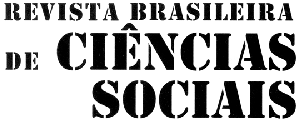In the last two decades, the studies of the interaction between public and private agents in the policy making process have gone through significant reformulations. A great variety of empirical researches and theoretical essays have demonstrated the difficulties faced by the traditional interpretative models of interest intermediation in dealing with the diversification and greater complexity of these processes, which are often marked by non hierarchical interactions and by a low degree of formal intercourse among the main actors, as well as by the increasingly relevant role played by new agents, such as transnational NGOs and expert networks. In fact, there are today a vast array of analytical approaches that try to unveil the new structures of the policy making processes in a world increasingly characterized by uneven interdependence, uncertainty and by the greater complexity of the issues demanding regulation. In many of these approaches, the variable knowledge plays a central role. The objective of the present essay is to survey briefly these approaches that emphasize the role played by ideas and knowledge in the policy making processes, pointing out the residual impact that such questions has had in the public policy analysis field in Brazil.
Public policy; Knowledge; Policymaking
